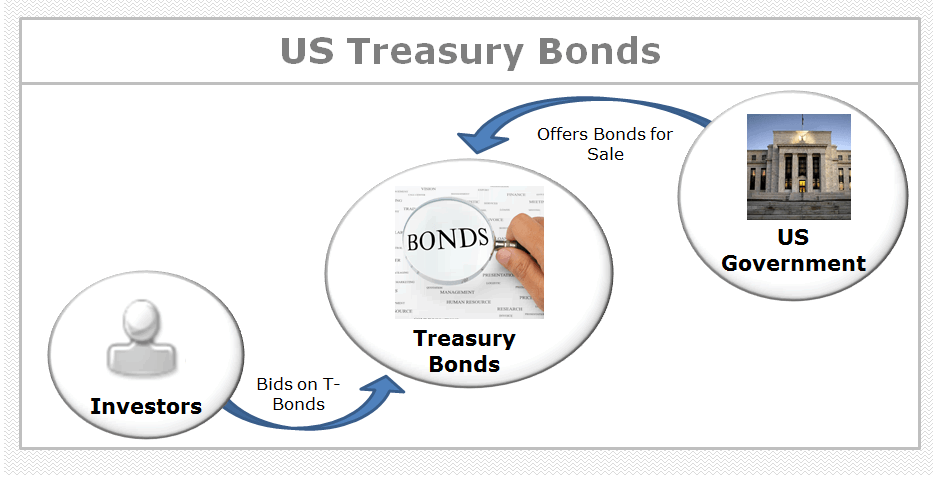The Executive Branch of the US government is responsible for enforcing laws and carrying out the day-to-day operations of the government. At the top of the Executive Branch is the President, who serves as the head of state and commander-in-chief of the military. The President is supported by the Vice President and the Cabinet, which is made up of the heads of various federal departments and agencies.
Other key agencies within the Executive Branch include the Department of Justice, the Department of Defense, and the Department of Homeland Security. These agencies work together to implement and enforce laws passed by Congress and to protect the interests of the United States both domestically and internationally.
Flow Chart Of Us Government
The Legislative Branch
The Legislative Branch of the US government is responsible for making laws. It is made up of two houses of Congress: the Senate and the House of Representatives. Members of Congress are elected by the people to represent their interests and pass legislation that affects the country as a whole.
Each house of Congress has its own responsibilities and powers, but both work together to create and pass bills that can become law. The process of creating a law involves multiple steps, including committee hearings, debates, and votes in both houses before the bill is sent to the President for approval.
The Judicial Branch
The Judicial Branch of the US government is responsible for interpreting laws and ensuring that they are applied fairly and justly. The Supreme Court is the highest court in the land and has the final say on legal matters that come before it. The Supreme Court is made up of nine justices who are appointed for life and are tasked with upholding the Constitution of the United States.
Lower federal courts also play a role in the Judicial Branch by hearing cases that involve federal laws and disputes between states. These courts help to ensure that the rule of law is upheld and that justice is served for all citizens.
